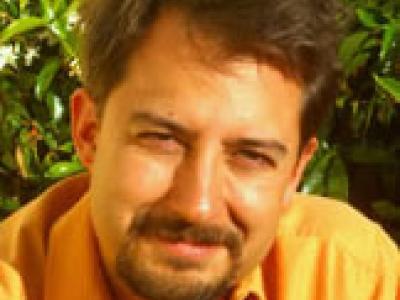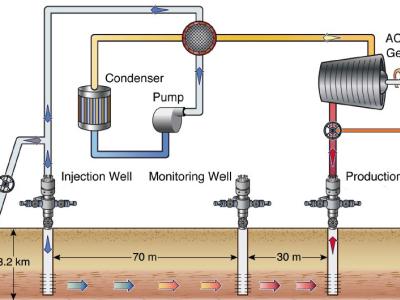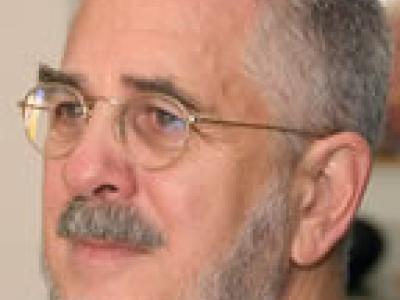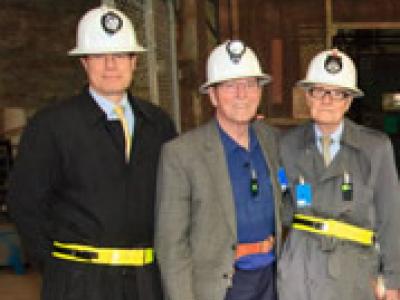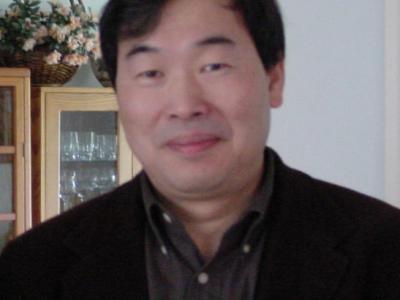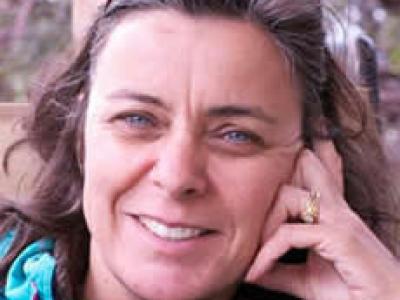Berkeley historian follows the guns
Historian Brian DeLay’s research traces the roots of the modern arms trade all the way back to the mid-18th century, when weapons were manufactured in America or Britain only to be distributed or sold throughout the northern hemisphere.
Store CO2 Underground and Extract Electricity? A Berkeley Lab-led Team is Working on it
A team led by Berkeley Lab scientists hopes to become the first in the world to produce electricity from the Earth’s heat using CO2. They also want to permanently store some of the CO2 underground. The technology could lead to a new source of clean, domestic energy and a new way to fight climate change.
Fungi helped destroy forests during mass extinction 250 million years ago
The Permian extinction 250 million years ago was the largest mass extinction on record, and among the losers were conifers that originally blanketed the supercontinent of Pangaea. Now researchers say that climate change led to the proliferation of tree-killing soil fungi that helped destroy the forests – something that could happen as a consequence of global warming today.
Cybersecurity center developing techniques to attack the attackers
A UC Berkeley-led center to defend cyberspace is taking a proactive approach to securing the nation’s networks against attacks. Researchers from the Team for Research in Ubiquitous Secure Technology (TRUST), funded by the National Science Foundation, are developing systems with built-in immune systems that can recognize and protect against invasions. They are also influencing policy and have worked on pioneering California legislation requiring companies to notify individuals whose private information may have been compromised.
Berkeley public health projects part of UC initiative to address critical state issues
Researchers from UC Berkeley’s School of Public Health are studying the conditions of low-wage workers in Chinatown as well as the impact on health from the use of greener cleaning products as part of a new UC-funded multi-campus research program. The Center for Collaborative Research for an Equitable California is one of three dozen UC multi-campus programs focusing on critical issues in the state.
Nuclear commission outlines new strategies for managing radioactive waste
The Blue Ribbon Commission on America’s Nuclear Future has released a draft report that recommends significant changes to the U.S. strategy for managing the country’s growing stockpile of high-level nuclear waste. Per Peterson, UC Berkeley professor and chair of nuclear engineering, is one of 15 members of the commission, which was formed in 2010 after plans to store nuclear waste at Nevada’s Yucca Mountain were halted.
Mu-ming Poo nurtures young neuroscientists in Shanghai
Neuroscientist Mu-ming Poo “leads a double life,” according to a piece in the journal Nature. He spends three-quarters of his time doing research on campus, but for the past decade has spent one day a week nurturing budding neuroscientists at the Institute of Neurosciences in Shanghai.
Berkeley biogeochemist and geomicrobiologist Jillian Banfield studies very, very small things
But her work is vast in its scope and impact. So vast, in fact, that her discoveries have implications for space, the human body, and nearly everything in between.
Invisibility cloak makes bumps disappear
It can’t quite cover Harry Potter, yet, but an invisibility cloak developed by UC Berkeley engineers was able to bounce visible light waves away from a microscopic object about as big as a red blood cell. The experiment using the reflective silicon oxide and silicon nitride material was described in the journal Nano Letters.

